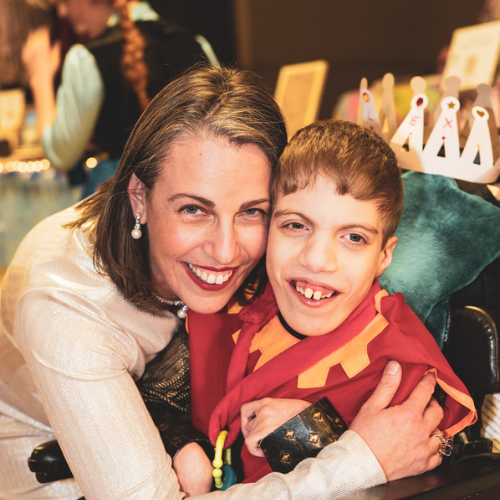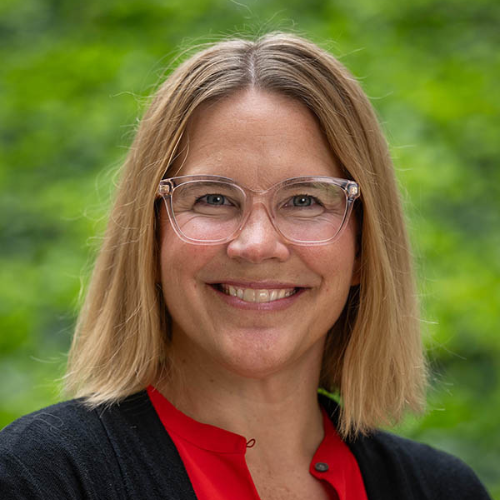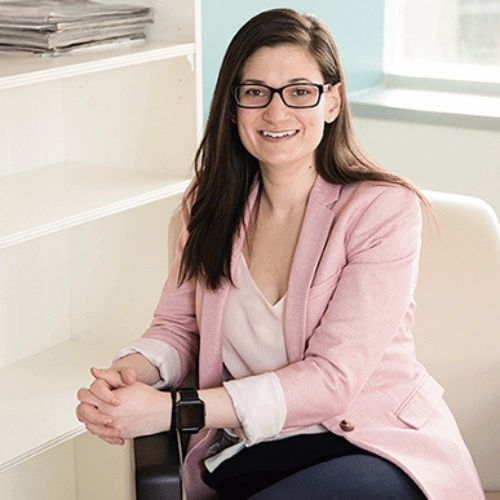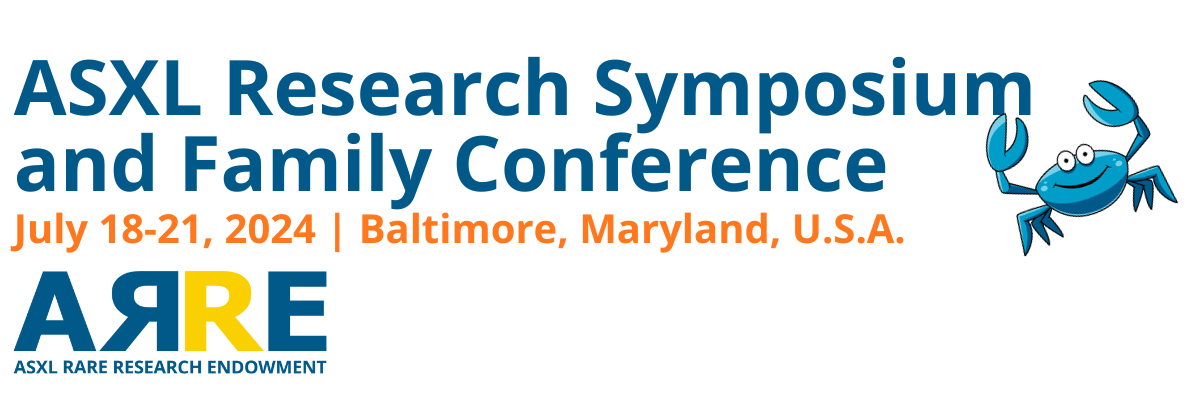
ASXL Research Symposium program
About the Symposium
Thursday, July 18 - Friday, July 19, 2024
Kennedy Krieger Institute Ashland Outpatient Center
Arnold J. Capute, MD, MPH Conference Center – 8th Floor
1741 Ashland Avenue
Baltimore, MD
The ASXL Research Symposium is a deeply scientific program intended for basic scientists, clinicians, and other research professionals. The program is all day Thursday, July 18 and the morning of Friday, July 19. The program includes platform talks, discussion, a poster session, and the opportunity to meet with families living with ASXL-related disorders.
All ASXL Research Symposium attendees are welcome and strongly encouraged to plan their itinerary to attend the ASXL Community Dinner with ASXL families on Friday, July 18 and stay for the ASXL Family Conference program on Saturday, July 20 and Sunday, July 21.
Schedule at a glance
Thursday, July 18
Regulation of gene expression
Systems biology approach to ASXL-related disorders
Pathogenesis of ASXL-related disorders
Panel discussions: Polycomb biology in various model systems
Poster session
Friday, July 19
Clinical updates in ASXL-related disorders
Clinical outcome measures in ASXL-related disorders
Collaboration and funding opportunities in ASXL-related disorders
Afternoon/evening: Transition to ASXL Family Conference, including ASXL community dinner
Program and speaker details
Thursday, July 18
Welcome
8:30-9:00am
-

Laura Badmaev
ARRE Foundation
Welcoming remarks
-

Stephanie Bielas
University of Michigan
Overview of ASXL-related disorders
Regulation of gene expression
9:00-10:30am
Moderator: El Bachir Affar, PhD (University of Montreal)
-

Stephanie Bielas, PhD
University of Michigan
-

Haruhiko Koseki
RIKEN Center for Integrative Medical Sciences
Polycomb in development and homeostasis
-

Eric Conway
University College Dublin
Histone H2A ubiquitination in chromatin structure, transcription and health
Systems biology approach to ASXL-related disorders
11:00am-12:30pm
Moderator: Bianca Russell, MD (UCLA)
-

Valerie Arboleda, MD, PhD
UCLA
Metabolic dependencies of ASXL1 mutations
-

Zain Awamleh, PhD
University of Toronto
Methylation signatures in ASXL-related disorders
-

Jill Fahrner, MD
Johns Hopkins University
ASXL-related disorders in an epigenetics clinic
Pathogenesis of ASXL-related disorders
1:30-3:00pm
Moderator: Stephanie Bielas, PhD (University of Michigan)
-

Rob Illingworth
University of Edinburgh
Balancing histone ubiquitination in brain growth and development
-

Abby Dickinson
UCLA
Neural signatures of neurodevelopmental disorders: Insights from EEG spectral analysis
-
Additional speaker to be announced
Polycomb biology in model systems
3:30-5:00pm
-

Christina Roca
University of California San Francisco
Using frogs to dissect ASXL-related disorders
-

Arneet Saltzman
University of Toronto
Polycomb Repressive Complex 1 and histone H2A monoubiquitylation in C. elegans neuronal development
-

Joey Zuijdervelt
Leiden Academic Centre for Drug Research
A holistic zebrafish model for Bohring-Opitz Syndrome: The gateway to high-throughput compound screening
Poster session
5:30-6:30pm
Friday, July 19
Welcome and Clinical Phenotyping Keynote
8:15-9:00am
-

Natasha Ludwig
Kennedy Krieger Institute and Johns Hopkins School of Medicine
Deep phenotyping: Data collection efforts at ASXL Family Conference
-

Audrey Thurm, PhD
National Institute of Mental Health
Behavioral phenotyping for clinical trial readiness
Clinical updates in ASXL-related disorders
9:00-10:30am
Moderator: Wen-Hann Tan, BMBS (Boston Children’s Hospital)
-

Bianca Russell
UCLA
Updates from the ASXL Patient Registry and EEG study
-

Vandana Shashi
Duke University
Updates from an expanded Shashi-Pena Syndrome cohort
-

Emily Woods
Sheffield Children’s Hospital
Updates from one year of an ASXL3 natural history study
Clinical outcome measures
11:00-12:30pm
Moderator: Natasha Ludwig, PhD (Kennedy Krieger Institute and Johns Hopkins School of Medicine)
-

Rujuta Wilson
UCLA
Motor phenotyping in genetic neurodevelopmental conditions
-

Mary Wojnaroski
Nationwide Children’s Hospital
The Inchstone Project: Caregiver survey of parent priorities
-

Isabelle Lecreps
University of Newcastle
Results from an ASXL3 family quality of life and disease concept study
Symposium Program Committee
-

Stephanie Bielas, PhD
University of Michigan
-

Natasha N. Ludwig, PhD
Kennedy Krieger Institute and Johns Hopkins University School of Medicine
-

Bianca Russell, MD
UCLA
-

Wen-Hann Tan, BMBS
Boston Children’s Hospital
